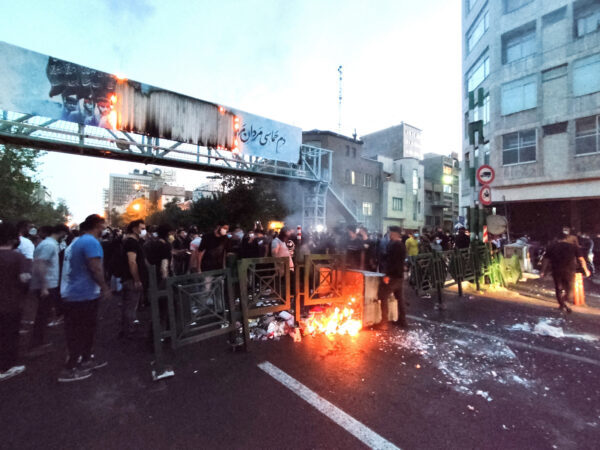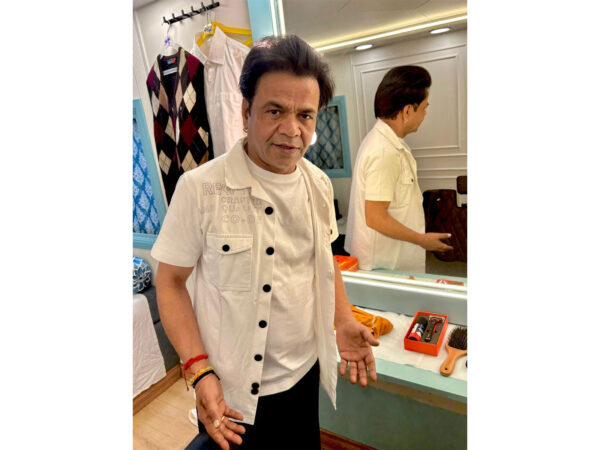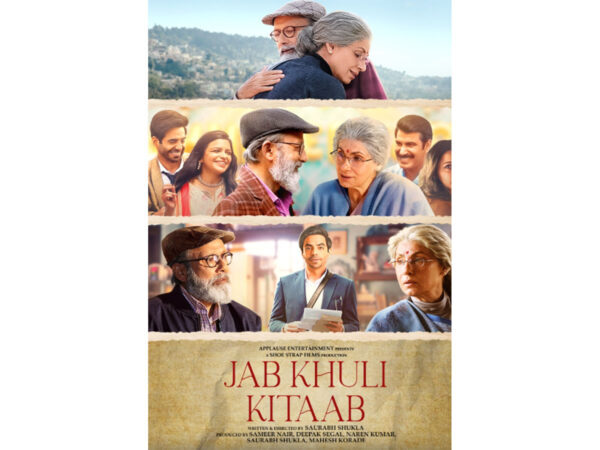SC Refers Sabarimala Women Entry Case To 7-Judge Bench
A five-judge bench of the Supreme Court on Thursday referred a clutch of petitions seeking review of its order which paved the way for the entry of women into Sabarimala temple in Kerala to a larger seven-judge bench by a majority 3:2 ruling and observed that the right to worship by an individual cannot outweigh rights of a religious group.
While Chief Justice Ranjan Gogoi, Justices A M Khanwilkar and Indu Malhotra send the review petitions to a larger bench, Justices Nariman and Chandrachud authored a dissenting judgment.
The apex court verdict came on as many as 65 petitions — including 56 review petitions, four fresh writ petitions and five transfer pleas.
The review petitions challenged the authority of the apex court to intervene in the belief of the people. It argued that the temple deity is a “Brahmachari” (celibate) and “centuries-old beliefs” should not be disturbed by the entry of menstruating women worshippers.
The court in its majority judgment concurred that the right to worship by an individual in a temple “cannot outweigh the rights of a section of the religious group to which one may belong”.
“The individual right to worship in a temple cannot outweigh the rights of the section of the religious group to which one may belong, to manage its own affairs of religion,” the three judges stated.
They observed that the entry of women into places of worship is not just limited to the Sabarimala temple but also includes issues like allowing Muslim and Parsi women to enter religious places.
“The place of worship is not just limited to the present case, but also arises in respect of entry of Muslim women in a dargah or mosque as also in relation to Parsi women married to a non-Parsi into the holy fireplace of an Agyari,” they stated.
They said that the decision, which will be taken by the larger bench, will “pave the way to instil public confidence” and effectuate the principle of the Constitution – which predicates that the cases involving a substantial question of law should be heard by a bench of minimum five judges.
Significantly, there is no mention of stay on the 2018 judgment allowing women into the temple, as in the dissenting judgment, Justice Nariman and Justice Chandrachud, directed the Kerala government to have “broad-based consultations with representatives of all affected interests” for implementation of the judgment.
“We expect the state government to ensure that the rule of law is preserved. All petitions are disposed of accordingly,” the two judges said.The dissenting judges also said that organised acts of resistance to thwart the implementation of the judgment must be put down firmly.
“Bona fide criticism of a judgment, albeit of the highest court of the land, is certainly permissible, but thwarting, or encouraging persons to thwart, the directions or orders of the highest court cannot be countenanced in our Constitutional scheme of things,” they stated. (ANI)



